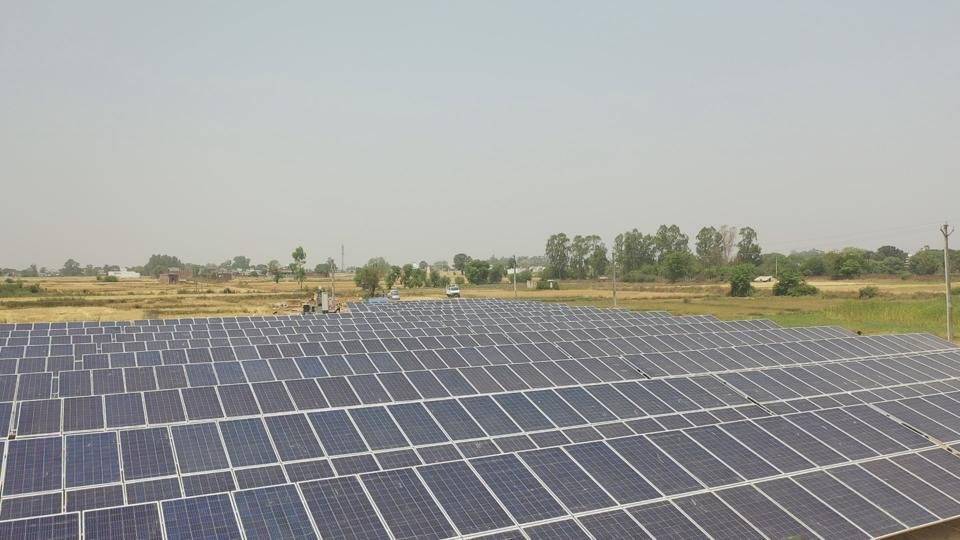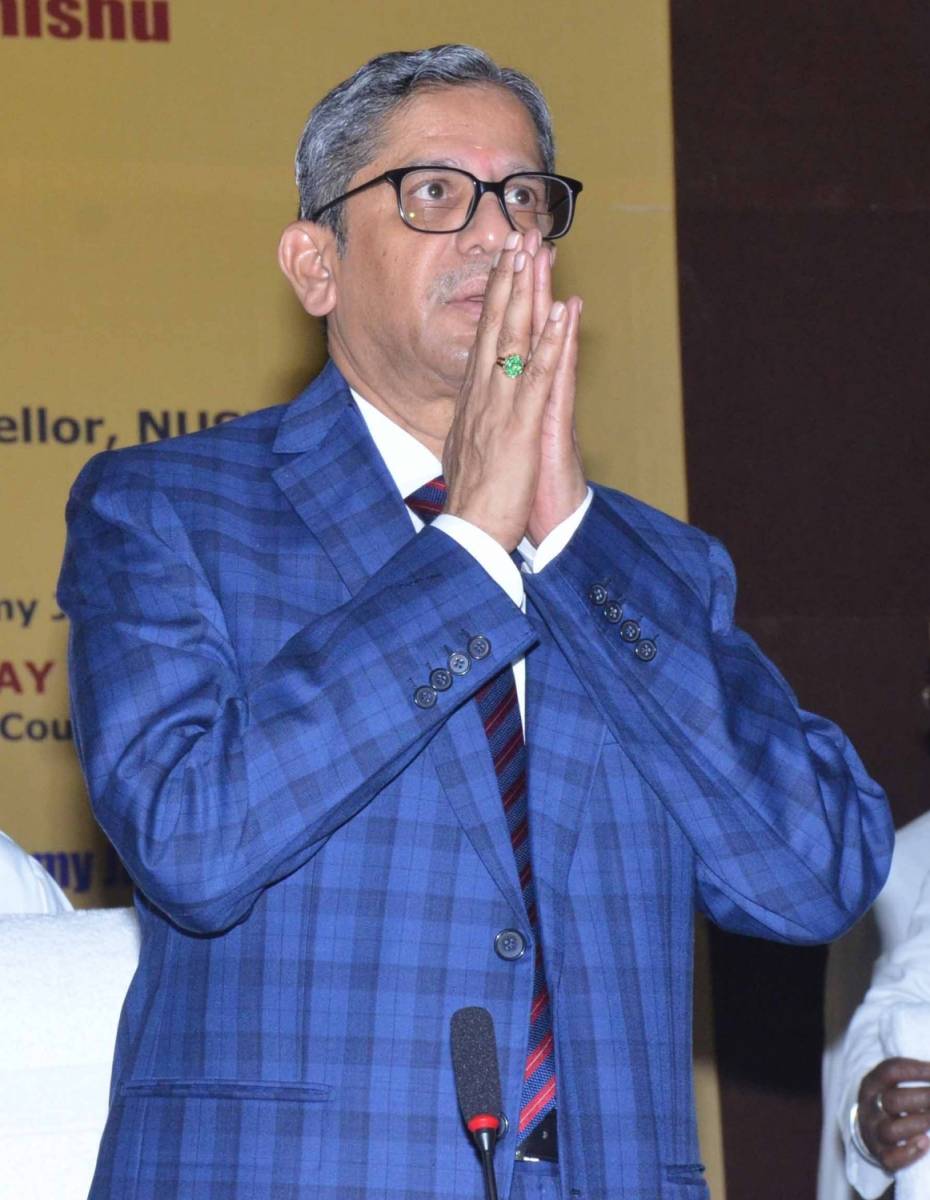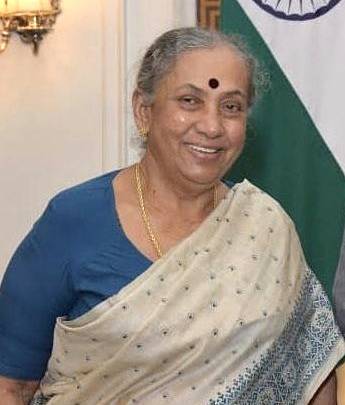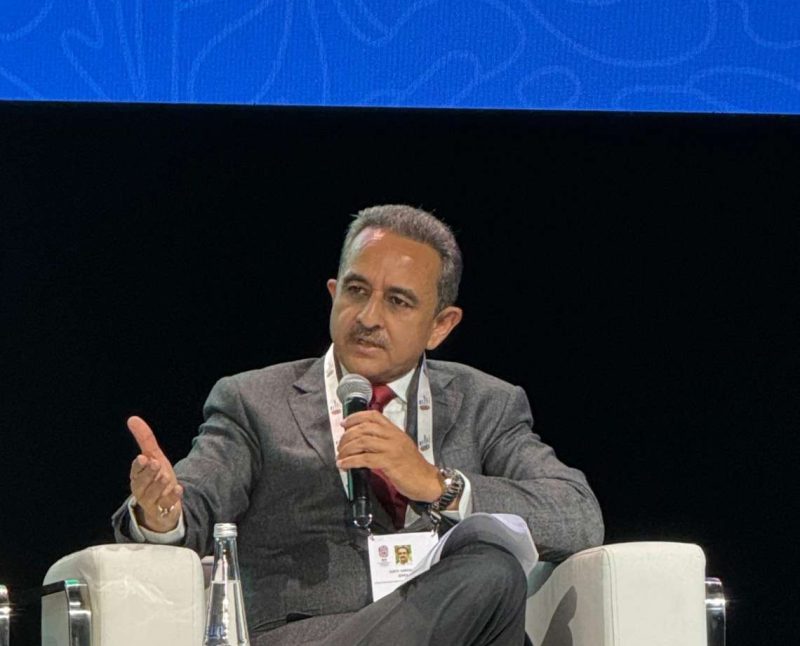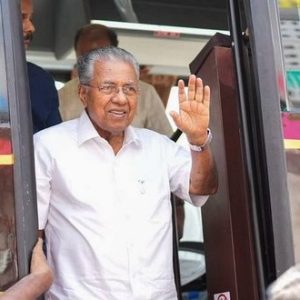On October 2, 2015, India had submitted its NDC to the UNFCCC. The 2015 NDC had eight goals, three out of eight have quantitative targets up to 2030…reports Asian Lite News
The Union Cabinet on Wednesday approved India’s updated Nationally Determined Contribution (NDC) under the Paris Climate Agreement.
According to the updated NDC, India now stands committed to reduce emissions intensity of its GDP by 45 per cent by 2030, from 2005 level, to achieve about 50 per cent cumulative electric power installed capacity from non-fossil fuel-based energy resources by 2030 and to put forward and further propagate a healthy and sustainable way of living based on traditions and values of conservation and moderation.
At the 26th session of the Conference of the Parties (COP26) to the United Nations Framework Convention on Climate Change (UNFCCC), held in Glasgow in last November, Prime Minister Narendra Modi had proposed a five-fold strategy for India to play its part in helping the world get closer to 1.5 degrees Celsius.
On October 2, 2015, India had submitted its NDC to the UNFCCC. The 2015 NDC had eight goals, three out of eight have quantitative targets up to 2030.
These were: cumulative electric power installed capacity from non-fossil sources to reach 40 per cent, reduction of the emissions intensity of GDP by 33 to 35 per cent compared to 2005 levels, and creating an additional carbon sink of 2.5 to 3 billion tonnes of CO2 equivalent through additional forest and tree cover.
Responding to the updated NDC, R.R. Rashmi, Distinguished Fellow, TERI, said: “The decision by India to update its NDCs in full line with the PM’s Glasgow announcements.
“It reaffirms the ambition and yet puts sustainable development at the centre of the debate. It is clear that India does not envisage sectoral emission reduction obligations as part of its NDC at least till 2030. The NDC does not bind it to any sector-specific mitigation obligation or action.
“On the other hand, it rightly emphasises the value of a sustainable way of living as an effective and just solution to the problem of climate change. It has also removed a lingering doubt by clarifying that 50 per cent of energy by 2030 is to be counted in terms of non-fossil fuel based electricity production.”
Aarti Khosla, Director Climate Trends, told IANS, “Only a part of what was announced in Glasgow now gets enshrined in India’s NDC. The target of having 50 per cent installed capacity of non-fossil fuel based targets by 2030, compared with 40 per cent non-fossil fuel based targets we have today shows that while the direction of travel is good, the pace could have been faster.
“The formal submission also doesn’t include the target of 500GW of non-fossil based and 450GW of renewables based energy which has also been often discussed as the country’s stated ambition on climate targets.”
Madhura Joshi, Senior Associate, India Energy Transition Lead, E3G, said: “At COP26, Prime Minister Modi announced ambitious Panchamrits focussing on actions required this decade to meet India’s development needs and secure a low carbon future.
“These included 500GW of non-fossil fuel capacity, 50 per cent of installed renewables capacity, reducing 1bn tonnes of CO2 emissions, 45 per cent emissions intensity reduction over 2005 levels all by 2030, and achieving net-zero emissions by 2070.
“India’s updated NDC targets are a welcome move and include 50 per cent of non-fossil fuel capacity and 45 per cent emissions intensity reduction by 2030. These targets, while lower than the panchamrits, are actionable. A reiteration of the renewables focus would have provided a fresh impetus for the renewables sector.”
For Vibhuti Garg, Energy Economist and India Lead, Institute for Energy Economics and Financial Analysis, “India’s updated NDC does not include all the ‘panchamrita’ promises made at COP26 in Glasgow. India needs more demand side and supply side push.”


